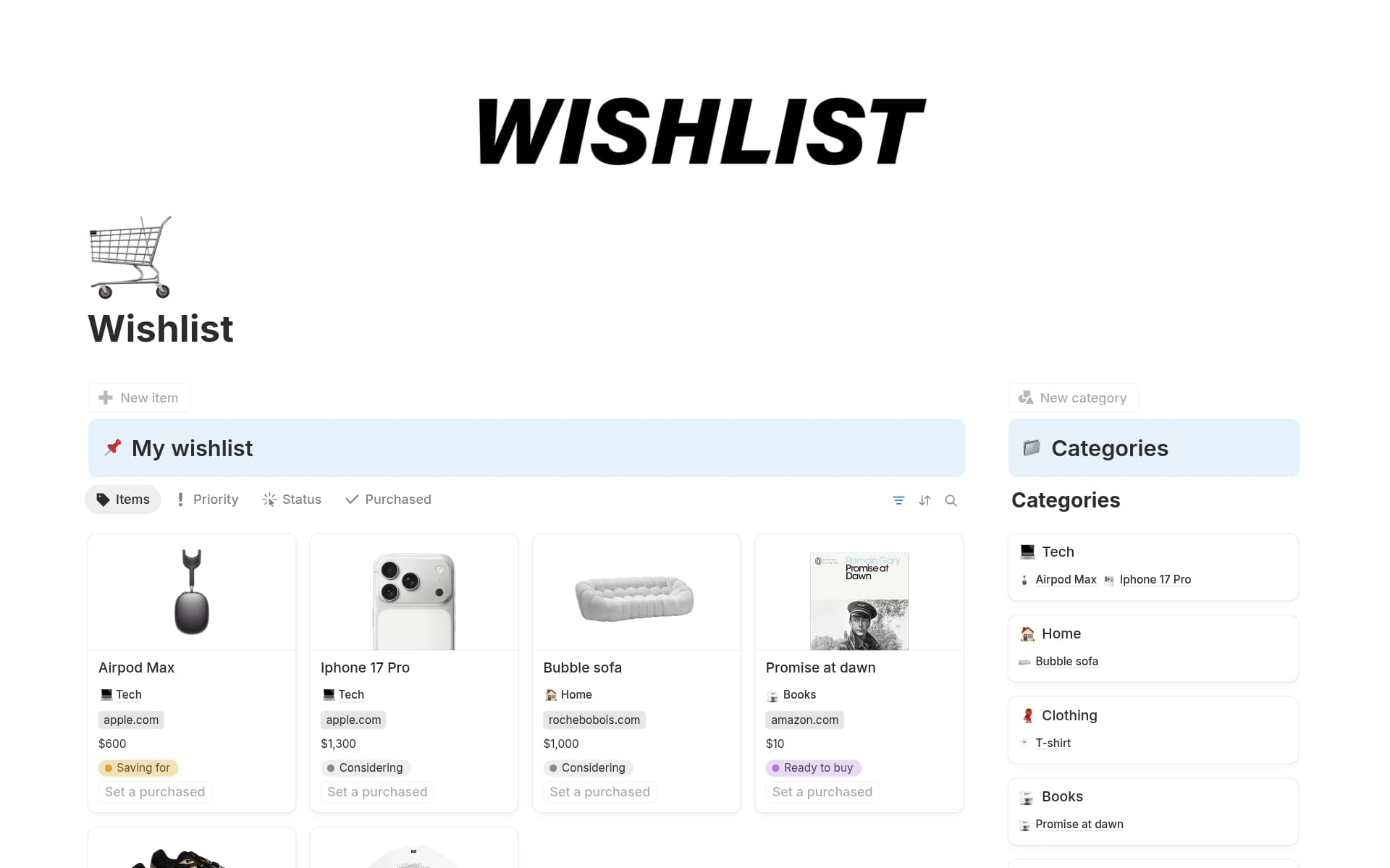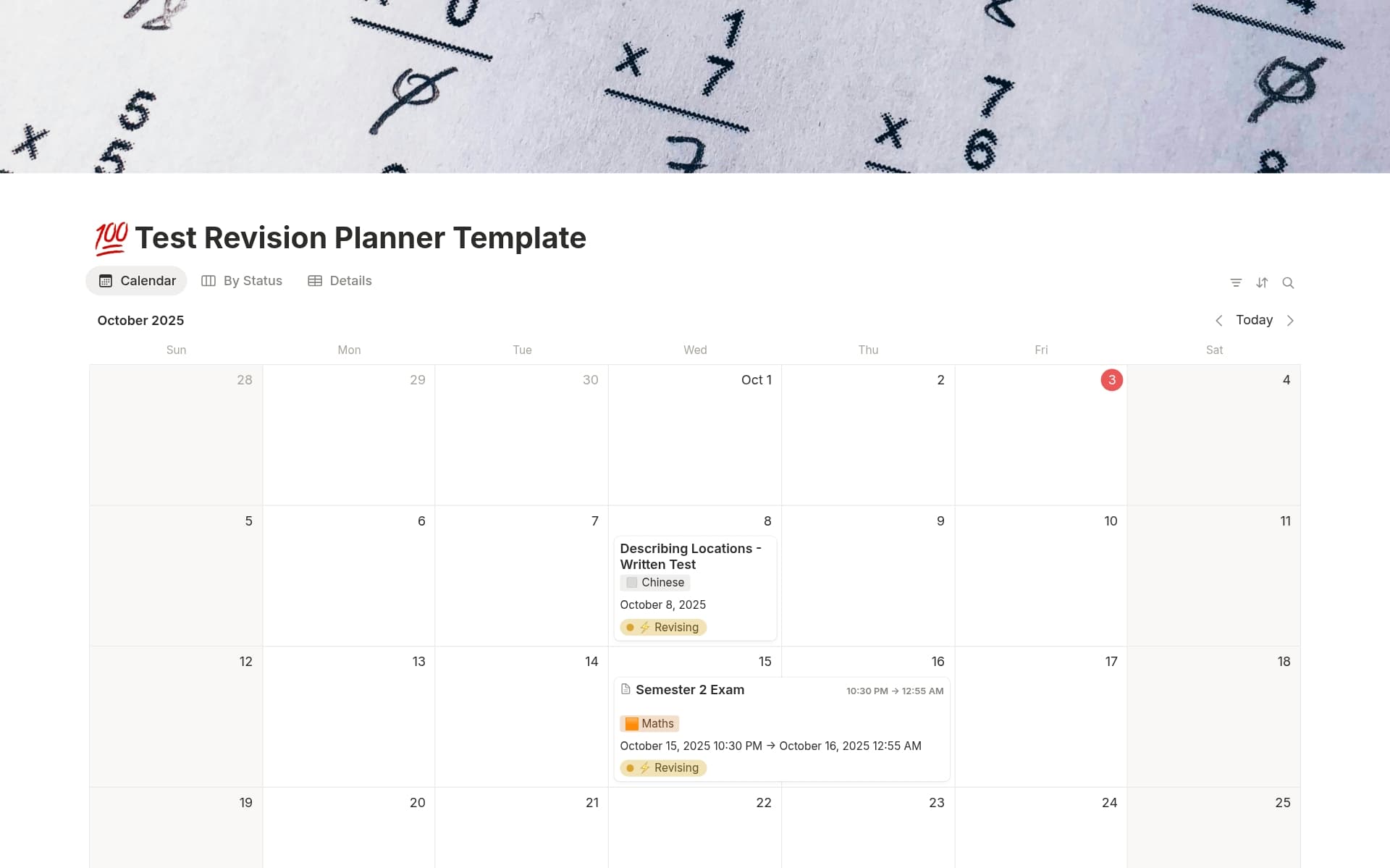Having a Task Scheduler in your life is crucial for managing time effectively, ensuring that you stay on top of your responsibilities, and achieving your goals. A Task Scheduler template in Notion can streamline the process of organizing tasks, setting deadlines, and tracking progress, making it easier to focus on execution rather than planning.
Before you dive into creating your own Task Scheduler, consider exploring these Notion templates to simplify the process and enhance your productivity.
What Should Task Scheduler Templates Include?
Choosing the right Task Scheduler template in Notion can streamline your daily workflow and enhance productivity. Here are key components to look for:
Intuitive Layout: The template should have a clear and easy-to-navigate design, allowing you to view your tasks and schedules at a glance.
Customization Options: It should offer flexibility to modify elements according to your specific needs, such as adding or removing task categories.
Integration Capabilities: A good template seamlessly integrates with other tools and apps you use, ensuring a smooth workflow across platforms.
Progress Tracking: Features that allow you to track the progress of your tasks and projects can greatly enhance your ability to meet deadlines and manage time effectively.
Ultimately, the best template is one that fits naturally into your daily routine, helping you to stay organized and focused without adding complexity.
What Should Task Scheduler Templates Avoid?
When selecting a Task Scheduler template in Notion, it's important to be aware of certain features that might complicate your scheduling rather than streamline it. Here are three key components to steer clear of:
Overly Complex Layouts: Templates with too many sections, sub-sections, or intricate designs can make it difficult to quickly update or find tasks, reducing efficiency.
Non-Customizable Fields: Avoid templates that don't allow you to edit or remove default fields. Flexibility is essential for tailoring the template to your specific workflow needs.
Heavy Dependency on Plugins: Templates that require numerous plugins or third-party tools can lead to dependency issues and might not function properly if the external services update or go offline.
Choosing the right template involves looking for simplicity, customization, and minimal external dependencies to ensure it enhances your productivity seamlessly.




